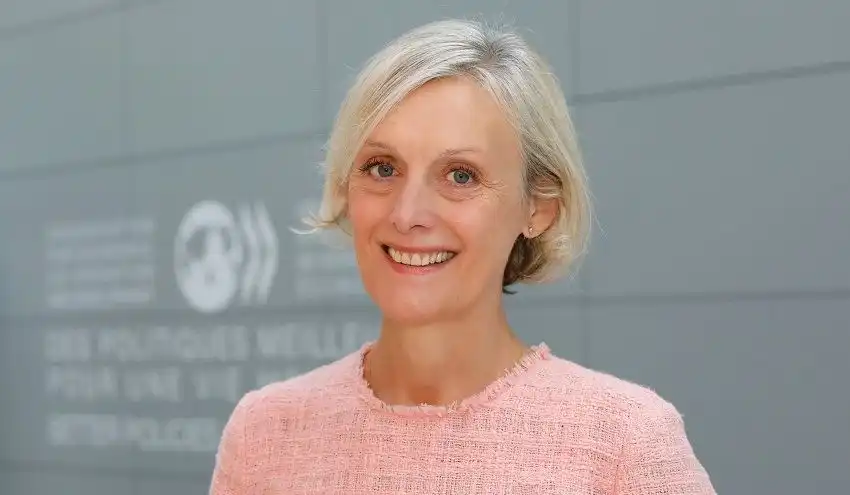Accueil>Social Policies in the Post-Pandemic World
23.11.2022
Social Policies in the Post-Pandemic World
À propos de cet événement
Le 23 novembre 2022 de 17:00 à 19:00
Amphithéâtre Leroy-Beaulieu-Sorel
27 rue Saint-Guillaume, 75007, ParisSocial Policies in the Post-Pandemic World: how to improve social protection models and create better opportunities for young people?
A masterclass with Monika Queisser, Senior Counsellor to the Director of Employment, Labour and Social Affairs Directorate and the Head of Social Policy Division at the OECD.
About the conference:
- First short presentation: “After the pandemic: what model for social protection?”
The pandemic led to an unprecedented economic and social shock, and despite a very strong and timely policy response that led to the biggest expansion of social spending in OECD countries’ recent history, not all those in need received adequate support. Even in countries with the most advanced systems of social protection, serious gaps have become apparent. Temporary expansions of social protection have triggered debates on whether existing policies still provide a suitable balance between security, responsiveness and affordability. As countries gradually move out of the crisis, there will be a unique opportunity to use the lessons from COVID-19 in the modernisation of social protection systems for the future. At the same time, mega-trends such as ageing, societal and family changes, digitalisation and climate change are also challenging social protection systems in the longer term. The presentation will discuss the range of challenges and explore how countries can react and adapt their social protection policies to future-proof them.
- Second short presentation : “Creating better opportunities for young people”
This presentation will discuss specific challenges for youth in OECD countries, covering a wide range of issues from labour market integration and the situation of NEETs, to covid-related issues, housing and mental health. It will also present the new OECD recommendation on creating better opportunities for youth that was adopted by the OECD Ministerial meeting in June 2022, explain the nature of this OECD instrument and how it will be used in the future, and also present some results from the OECD’s Risks that Matter survey on youth-specific issues and responses.
Moderation by Bruno Palier, CNRS research director at Sciences Po (Centre for European Studies and Comparative Politics) and Scientific Advisor of the Social Policy and Social Innovation stream (School of Public Affairs, Sciences Po).
About the speaker:
Monika Queisser is Senior Counsellor to the Director of Employment, Labour and Social Affairs Directorate and the Head of Social Policy Division at the OECD, where she supervises and coordinates the work on social protection, social indicators, pensions, affordable housing, family and LGBTI+ policies. She has been working at the OECD since 1997. In 2007-8, she worked as an adviser to the OECD Secretary-General.
Prior to joining the OECD, Ms. Queisser worked at the World Bank in Washington, D.C. She was a member of the pensions and insurance group in the Financial Sector Development Department. Her first employment was with the German Ifo Institute for economic research in Munich. Her professional experience also includes employment as a journalist at daily newspapers and broadcasting in Germany.
On-site masterclass organised in the framework of the Social Policy and Social Innovation policy stream of the School of Public Affairs. Open to Sciences Po students, teachers and staff only. Please register with your Sciences Po's email address. You will need your Sciences Po card to enter the building.
